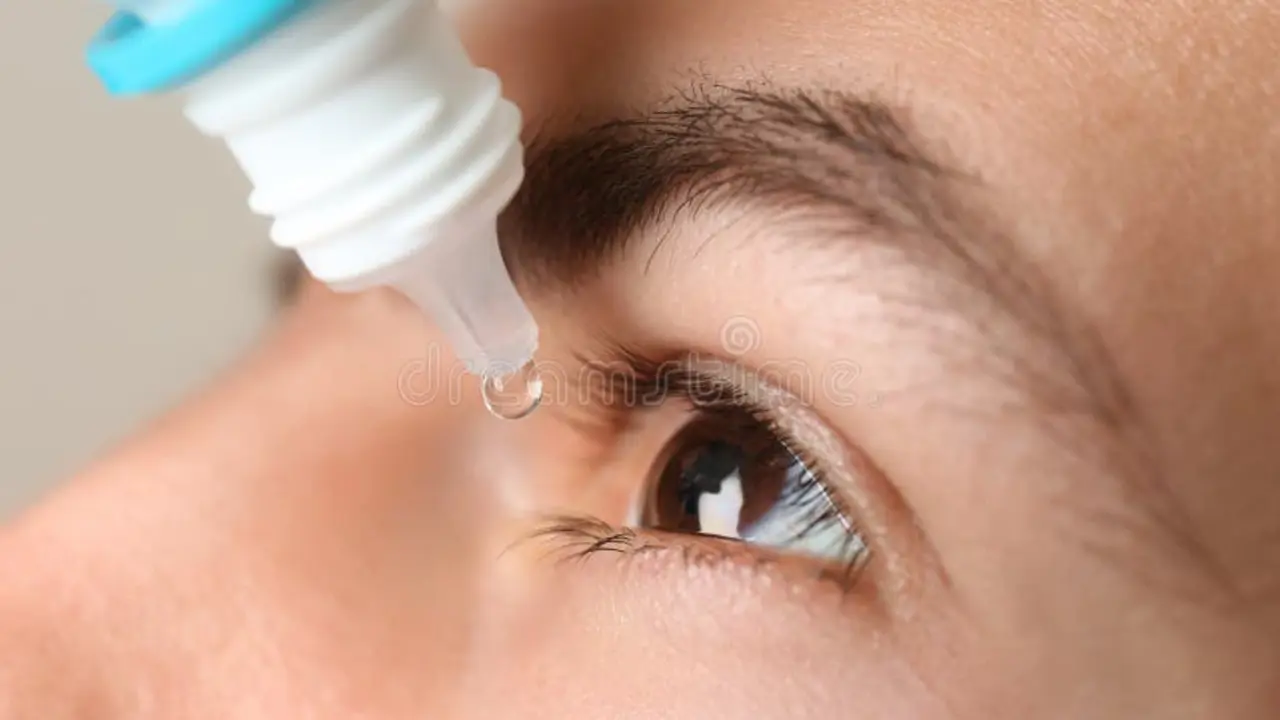Handling Tips: Keep Your Meds Safe and Workable
You could be ruining your medicine right now without knowing it. A few simple handling habits keep pills, creams, and injections effective — and protect your family. Read on for short, practical tips you can use today.
Safe Storage & Daily Handling
Store meds where temperature and humidity stay steady. Bathrooms and sunny windowsills are bad choices. Use a cool, dry spot or the original container with the childproof cap. For heat-sensitive drugs (like insulin), follow the label — many need refrigeration.
Keep light-sensitive items in opaque containers. If a label says “keep in the original package,” trust that instruction — blister packs and bottles often protect the drug. Don’t transfer pills into random pillboxes unless you’re using them daily and you can keep them sealed from moisture.
Measure liquids with the dosing syringe or cup that came with the medicine. Kitchen teaspoons are unreliable. If you take multiple meds, keep a simple daily checklist or use a phone reminder so you don’t double-dose or miss doses.
For creams, ointments, and eye drops: wash hands before and after use. Close tubes and bottles tightly to avoid contamination. Don’t touch dropper tips or mix products unless your provider says it’s OK.
Travel, Online Orders, and Disposal
Traveling? Carry meds in their original labeled containers plus a copy of your prescription. Keep them in your carry-on to avoid temperature extremes in checked luggage. For international travel, check local rules and carry a doctor’s note for controlled substances.
Ordering online can save money, but be picky. Choose pharmacies with a verifiable business address, clear contact info, and positive reviews. Never buy prescription drugs without a valid prescription. If a site promises miracle prices and no prescription, walk away — it’s likely unsafe.
Disposal matters. Many pharmacies run take-back programs — use them. If none are available, mix pills with coffee grounds or kitty litter, seal them in a bag, and toss in regular trash (remove personal info from labels first). Only flush if the label or FDA guidance explicitly says to do so.
Special cases: pet meds should never be shared with humans. Children’s dosages are not scaled-down adult doses — use pediatric formulations. Controlled substances need extra care: lock them up and track refills to spot theft or misuse early.
Missed a dose? Check the label or ask your prescriber — often you take it as soon as you remember unless the next dose is near. Suspect an overdose or severe allergic reaction? Call emergency services or your local poison control center right away.
Small changes make a big difference: a proper storage spot, a dosing tool, a secure travel routine, and smart online choices keep meds working and your household safer. Browse our guides for specific drug handling tips and real-world advice for the meds you use every day.

